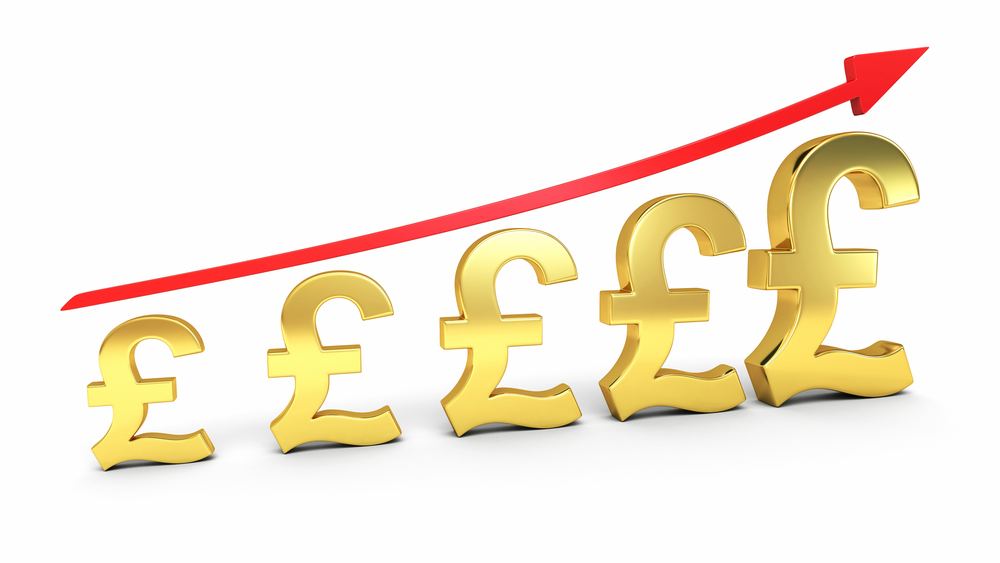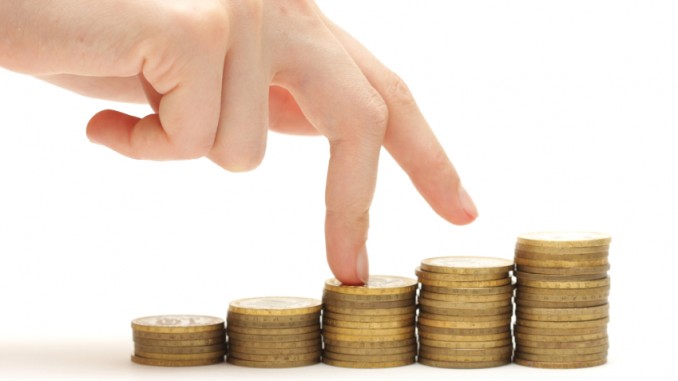Wages on the Rise

The number of people in employment are at historically high levels. This also means we’re seeing the lowest unemployment rates in over 40 years. Also at an all time high are job vacancies, making it increasingly difficult for businesses to fill positions.

What does this all mean for wages? Most companies have recognised the need in competition for workers and are starting to provide greater support to wages. This has seen a rise in the fastest wage growth since the crash. On average, weekly earnings received a year-on-year rise of 3.1 per cent.
Will wages rise more?

Although the increase in salaries is welcomed some economic forecasts have stated this is not enough. The Office for National Statistics said that weekly pay rates are still £11 below the pre-financial crisis peak. Pensions secretary, Margaret Greenwood, said: “Today’s figures hide the real story of the labour market under this government: people are earning less than they did in 2008, and millions of workers are stuck in insecure jobs. “More families are working harder to get by, but the rising cost of living and low pay means that a job is no longer a reliable route out of poverty.”

Will this growth continue in the New Year and when the UK exits Europe? Naturally when an economy sees an increase in salaries it also means an increase in consumer prices. Sometimes a wage increase just balances out the income versus outgoings for the average person.
Back to blog listings